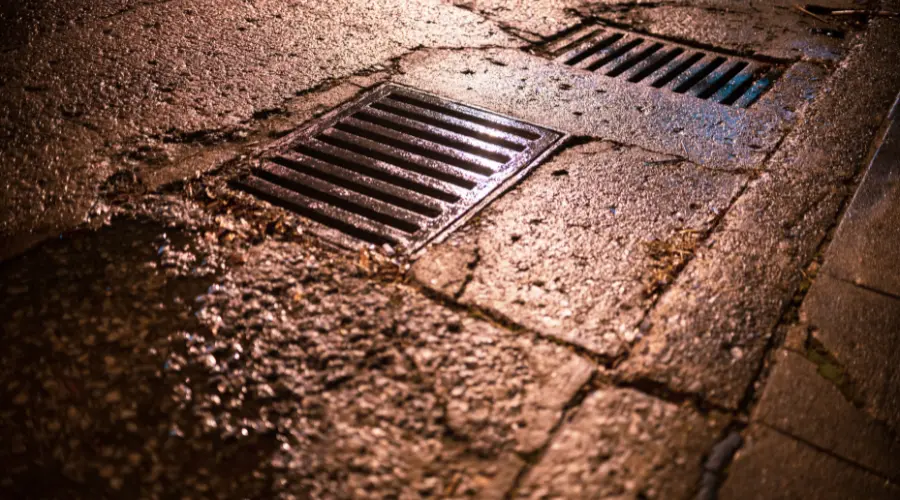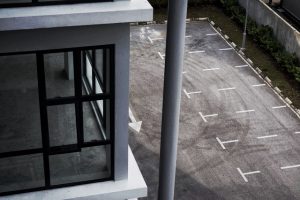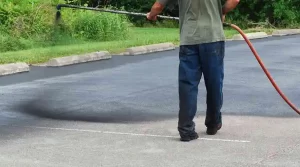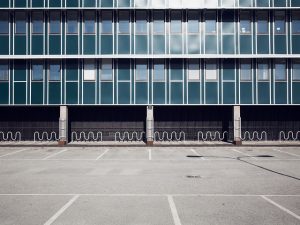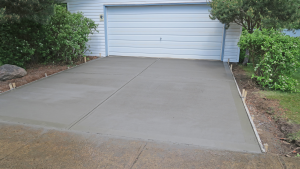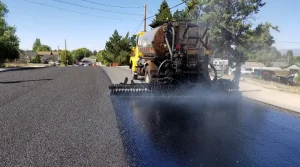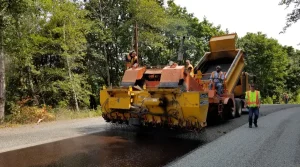Proper driveway drainage is crucial to prevent water-related damages and maintain the longevity of your driveway.
Key Takeaways
- Essential Role of Driveway Drainage: Proper drainage is vital to prevent water accumulation, which can lead to erosion, base softening, and pothole formation, especially in tar-and-chip driveways.
- Effective Drainage Solutions: Implementing systems like channel drains, French drains, or permeable pavers can significantly enhance water management and prolong the lifespan of your driveway.
- Professional Installation Benefits: Engaging experienced professionals ensures the correct installation of drainage systems, safeguarding your driveway’s structural integrity and aesthetic appeal.
Understanding Driveway Drainage
Driveway drainage involves the strategic design and installation of systems to manage water runoff effectively. Without adequate drainage, water can pool on the surface or seep into the subgrade, leading to issues such as erosion, base softening, and pothole formation. These problems not only compromise the structural integrity of the driveway but also pose safety hazards and diminish curb appeal.
The Importance of Drainage for Tar-and-Chip Driveways
Tar-and-chip driveways, known for their rustic charm and cost-effectiveness, consist of a layer of hot liquid asphalt topped with stone chips. While aesthetically pleasing, this composition creates a semi-permeable surface susceptible to water infiltration. Without proper drainage, water can penetrate the surface, weakening the subgrade and leading to voids. Over time, these voids manifest as cracks and potholes, necessitating frequent repairs and reducing the driveway’s lifespan.
Effective Driveway Drainage Solutions
Implementing appropriate drainage solutions is essential to manage water runoff and protect your driveway. Here are some effective methods:
- Channel Drains: Also known as trench drains, these are linear drains installed across the driveway to capture and redirect surface water. They are particularly useful in areas where water collects rapidly.
- French Drains: This system involves a trench filled with gravel and a perforated pipe that redirects groundwater away from the driveway. French drains are effective in preventing water from saturating the subgrade and causing damage.
- Permeable Pavers: These pavers allow water to seep through the surface, reducing runoff and promoting natural absorption into the ground. Permeable pavers are an eco-friendly option that helps in managing water effectively.
- Swales or Dry Creek Beds: These are shallow, vegetated channels designed to convey water away from the driveway, allowing it to infiltrate the soil gradually. Swales are effective in managing larger volumes of water and can be integrated into the landscape design.
Benefits of Professional Installation
While some drainage solutions might seem suitable for DIY projects, professional installation offers several advantages:
- Expert Assessment: Professionals can evaluate your property’s specific drainage needs, considering factors like soil type, slope, and local climate.
- Proper Installation: Experienced installers ensure that drainage systems are correctly placed and constructed, preventing future issues related to improper setup.
- Long-Term Savings: Investing in professional services can save you money in the long run by reducing the need for frequent repairs and maintenance.
Frequently Asked Questions (FAQ)
Q1: How do I know if my driveway has drainage issues?
A: Signs of drainage problems include persistent puddles, visible erosion, cracks, and potholes. If you notice water pooling on your driveway or runoff causing erosion on adjacent areas, it’s indicative of inadequate drainage.
Q2: Can I install a drainage system myself?
A: While some homeowners opt for DIY installation, it’s recommended to consult with professionals. They can provide a thorough assessment and ensure the system is tailored to your property’s specific needs, preventing potential issues from improper installation.
Q3: How much does it cost to install a driveway drainage system?
A: Costs vary based on the chosen drainage solution, driveway size, and site-specific factors. Obtaining quotes from reputable contractors will provide accurate pricing tailored to your situation.
Q4: How often should driveway drainage systems be maintained?
A: Regular maintenance is crucial. It’s advisable to inspect and clean drainage systems at least once a year or more frequently in areas with heavy rainfall. Keeping the drains free from debris ensures optimal performance.
Q5: Will installing a drainage system alter the appearance of my driveway?
A: Many drainage solutions are designed to be discreet and can blend seamlessly with your driveway. For instance, channel drains come with grates that can complement the driveway’s aesthetics, while permeable pavers offer both functionality and visual appeal.
Conclusion
Investing in proper driveway drainage is essential for preventing water-related damages and extending the lifespan of your driveway. Whether you have a tar-and-chip surface or another material, implementing effective drainage solutions protects your investment, enhances safety, and maintains your property’s curb appeal. Consulting with experienced professionals ensures that the chosen system meets your specific needs, providing peace of mind and long-term benefits. Give us a call today! As Jersey City’s trusted paving experts, we proudly serve residents and businesses with top-quality service. (201) 977-4882.

